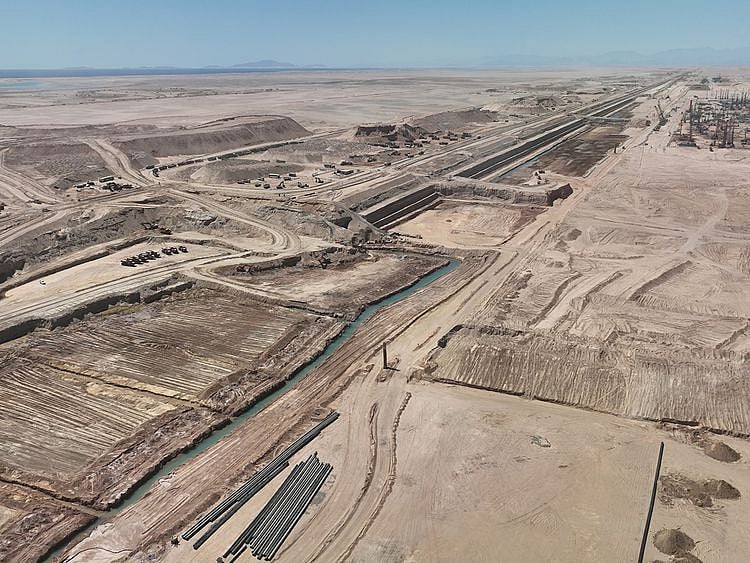Neom: Neom has finalised contracts amounting to 21 billion riyals with investors for the first phase of its residential communities’ expansion, a social infrastructure project that will house the region’s growing workforce.
The preferred bidders for the first phase of the project include Alfanar Global Development, Almutlaq Real Estate Investment Company (AREIC), Nesma holding Co., and Tamasuk (involved via two separate partners Al Majal Al Arabi Group Company and the Saudi Arabian Trading and Construction Company).
Nadhmi Al Nasr, CEO at Neom, said: “Neom has selected some of the leading companies in Saudi Arabia as partners in delivering and operating temporary communities with world-leading services and infrastructure. The newly formed partnerships mark an important milestone for the region and is a testament to the capabilities of our team and partners who rapidly achieved financial close on a record amount.”
Also Read
Funding for green-hydrogen plant at Saudi Arabia’s Neom almost doneNEOM Green Hydrogen signs financing agreements with banksSaudi Arabia: Flying taxis to be available for transportation in NEOMSindalah: New luxury island to come up in Saudi Arabia’s NEOMNeom invests $175 million in Volocopter urban air mobility pioneerThe agreement paves the way for more private sector participation in the development of Neom’s infrastructure. The second phase of the temporary residential project is expected to be issued to the market in the coming months.
Several of Neom’s core developments are ramping up, including The Line, Trojena, Oxagon, and Sindalah, as infrastructure unfolds across the region.
The agreement will see an additional 10 communities established across Neom, adding capacity for 95,000 more occupants once the first phase of the project is completed. The temporary accommodations, needed during the construction period of Neom, are built sustainably as relocatable modular units which can be repurposed once the communities are no longer needed. Additional to essential services, communities will also include a wide range of lifestyle facilities, such as multi-purpose sports fields, cricket ovals, tennis courts, volleyball courts, basketball courts, swimming pools and entertainment venues.
Sign up for the Daily Briefing
Get the latest news and updates straight to your inbox
Network Links
GN StoreDownload our app
© Al Nisr Publishing LLC 2025. All rights reserved.
